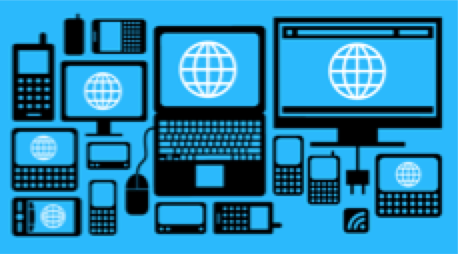Net Neutrality and the Future of the Internet

February 26, 2015
Earlier today, the Federal Communications Commission (FCC), an independent organization dedicated to regulating interstate communications, passed net neutrality regulations. If I’ve already lost you or you are just slightly confused, here is a quick rundown on what exactly this net neutrality fiasco is and what it means for you.
So what is net neutrality?
Basically, net neutrality is the principle of an open internet where internet service providers (ISPs) like Comcast, AT&T and Verizon, provide consumers access to all legal internet content on an equal basis. Net neutrality also prevents ISPs from charging content providers, like Amazon, Netflix, Google, and Apple, more money for so called “fast lanes” that allow quicker delivery of their content. This open internet policy also prevents ISPs from deliberately slowing the delivery of content from certain competitors, because many ISPs also own content providers. The alternative is known as prioritization, and allows ISPs to block data streaming from companies that could be competing with them as well as charge extra to content providers who wish to deliver their content at a faster speed.
How will this affect my all day Netflix marathons?
Theoretically, the only change is that there will be more on paper regulations preventing ISPs from discriminating against content and content providers. So for example, ISPs will not be allowed to slow the delivery of video content from a competitor to a similar video streaming service owned by the ISP. What it won’t do, however, is make your internet service the same as everyone elses as customers still pay for faster internet speeds. For those of you that own small businesses or start ups, this will also give you access to broadband networks without interference from pesky ISPs.
So why is anyone against net neutrality?
Those who are against the policies, some two dozen ISPs including giants like AT&T and Comcast, are fearful of the increased control the new regulations give to the FCC. On a more technical level, the new regulations classify the internet as a public utility. This in turn gives the FCC authority to regulate it and ensure its openness. This idea of giving the FCC more power concerns them, they aren’t too fond of a heavy handed government regulatory agency breathing down their necks.
When will the regulations take effect?
Given that the ISPs have threatened the FCC with lawsuits, it is likely that after the long and arduous legal process is complete, it could be anywhere from 2-5 years by some estimates. But for now, the internet appears to be free.





























